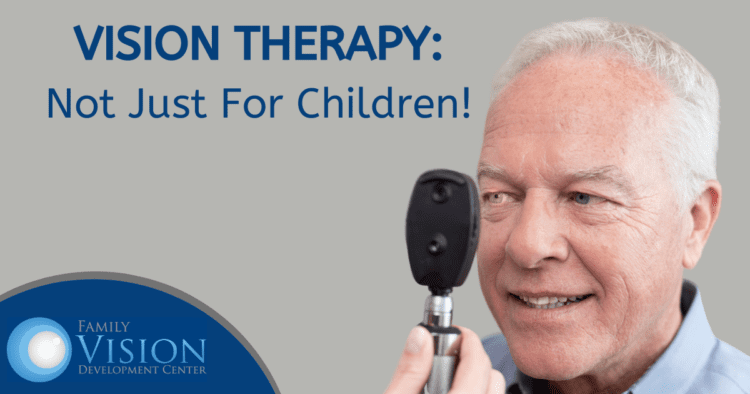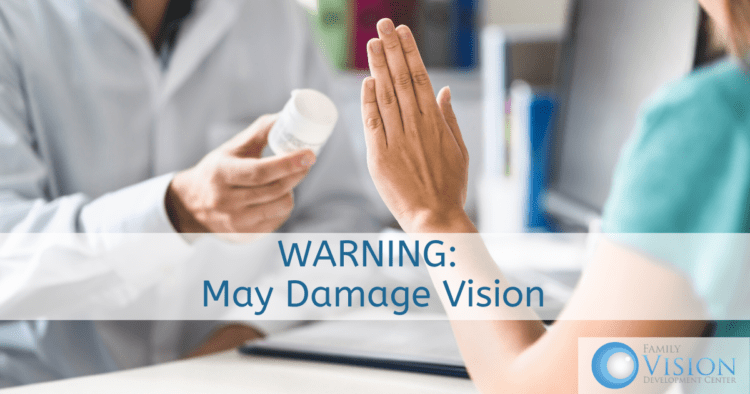

Vision Therapy is Not Just for Children: Adults Can Benefit Too!
As Vision Therapy continues to gain in popularity, more and more children are receiving treatment to correct eye conditions as early as possible. However, Vision Therapy is not just for little ones- adults can benefit too! In the past, the old school of thought was that certain eye conditions could not be corrected after childhood. Today, we know this is simply not true. Studies show that adults suffering from eye conditions such as lazy eye or crossed eyes can greatly benefit from Vision Therapy.
Double Vision (Diplopia)
Double vision, or diplopia, can occur due to a number of contributing factors. Adults with this condition often have trouble in one or both eyes, which can cause one image or object to appear as two. Vision Therapists utilize techniques that help adults with diplopia regain visual control which can improve their balance and movement. In this aspect, Vision Therapy can help adult patients improve their quality of life as well as their vison.
Crossed Eyes or Wandering Eye (Strabismus)
Strabismus is known by many other names such as cross-eyed, wandering eye, squint, wall eye, and more. This condition occurs when a patient’s eye/eyes are not aligning properly, and one may “turn” instead of focusing on a target that both eyes are pointed at. In order to help a patient retrain their brain and eyes to coordinate, Vision Therapists can use tools such as eye patches and focus shifting exercises. Improvement with this condition can not only help adults feel more confident, but can also increase their ability to read, write and work more effectively.
Lazy Eye (Amblyopia)
Amblyopia is a condition where one eye is dominate over the other, and therefore the two do not work together as they should. The non-dominate eye suffers from reduced vision. Through a series of eye exercises that both improve vision in the lazy eye and help with eye/brain communication, Vision Therapy can be very effective in correcting Amblyopia.
If you are an adult suffering from any of the above eye conditions, contact Family Vision Development Center right away to set up a comprehensive eye exam. Our specialty is neuro-optometric rehabilitation and vision therapy, and we will customize a program to meet your individual needs. Visit us online or call 630-862-2020 to schedule an appointment at our Aurora location at 452 N. Eola Rd.

